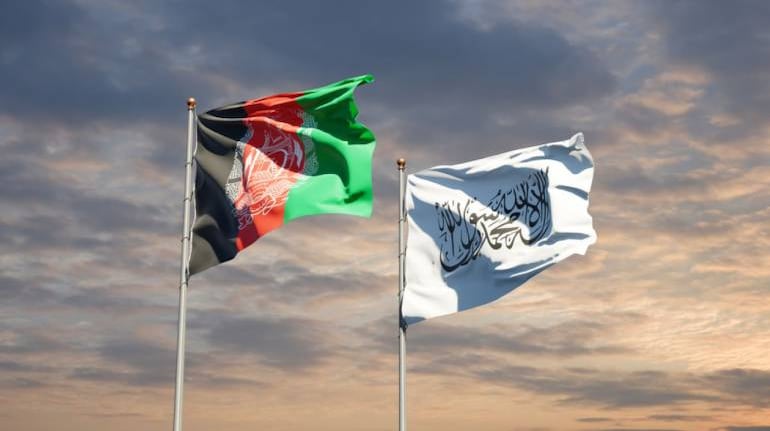As the Taliban regime consolidates itself and becomes a regional player, the big question is what implications this will have for India, the region, and the wider world.
Update on Aug 17, 03:58 pm ist

The curtain has fallen in Afghanistan: the show will go on. Even though some details of the Islamic Emirate’s new order remain undecided—it isn’t clear, for example, exactly who will rule Afghanistan or on what terms—there’s no doubt the Taliban have won the long war that began on 9/11.
In weeks to come, major powers will have to decide whether to establish formal diplomatic relations with the new order. Even countries which have built a good relationship with the Taliban, like Russia and China; are so far watchful; the odds are, though, as time passes, recognition will follow.As the Taliban regime consolidates itself and becomes a regional player, the big question is what implications this will have for India, the region, and the wider world.
The argument that America can not—and ought not—take on the burden for policing failed States across the world is a sensible one. The resources pumped into Afghanistan are not matched by its actual strategic value to the United States or any other major power.
Yet, many United States allies and partners will be asking: if America wasn’t willing to sustain even a limited military engagement in a country it had invested in over two decades, will it really shed the blood of its soldiers to protect them?
For many countries, that question isn’t an abstract one. Taiwan, for example, has predicated its military strategy on resisting the overwhelmingly superior People’s Liberation Army for just long enough for the United States to come to its aid.
Now, some there will worry that—should push ever come to shove—the United States might not decide that the strategic benefits of confronting China are outweighed by the costs.
Former President Donald Trump had unsettled many United States partners, from South Korea to Germany and Saudi Arabia—by threatening military alliances that dated back to the end of the Second World War.
President Joe Biden may be more sophisticated, but the Afghan withdrawal shows he isn’t changing course. Economic problems unleashed a decade ago have shaped the attitudes of younger Americans, who form the first generational cohort since the Great Depression who will be poorer and more indebted than their parents. There are few things less popular in American politics today than expensive overseas military commitments.
Like it or not, a century of American imperial assertion, which began after the end of World War I, is behind us. There’s no doubt the United States is still the world’s preeminent military power, and will likely remain so for some decades.
The United States will continue to put its weight behind institutions like the Quad, seeking to build multilateral partnerships to contain China. Even the sharpest fangs and claws, though, are useless without a backbone.